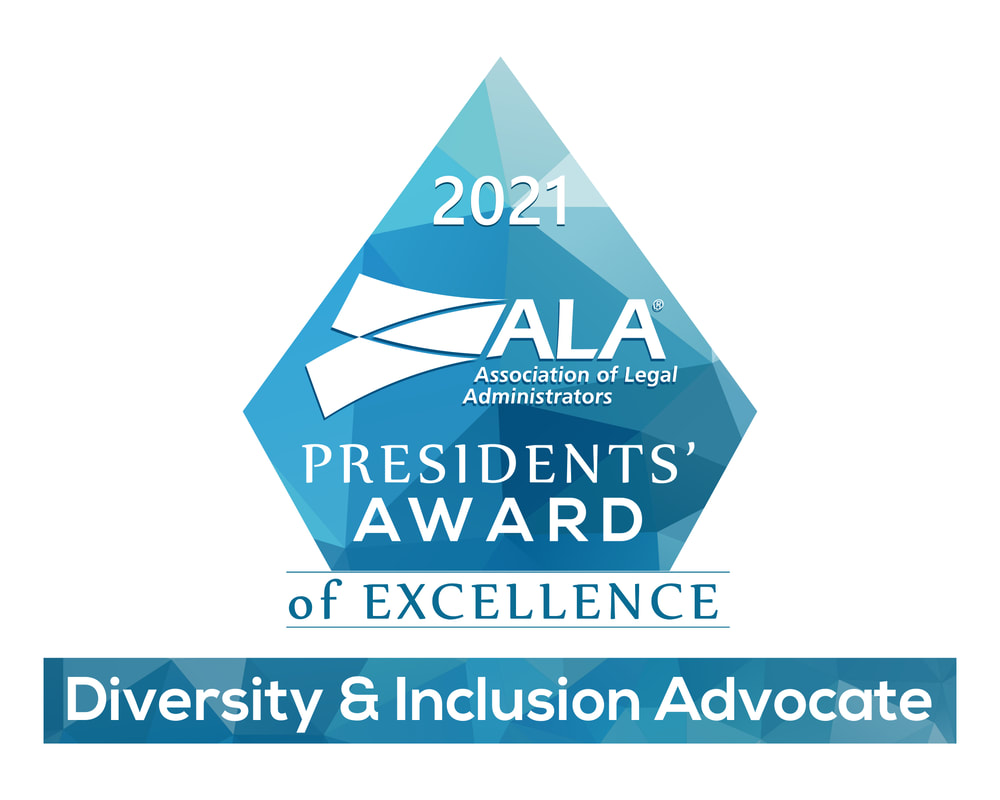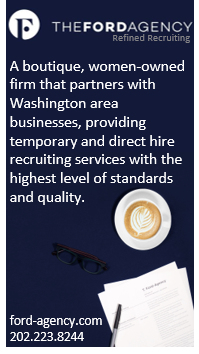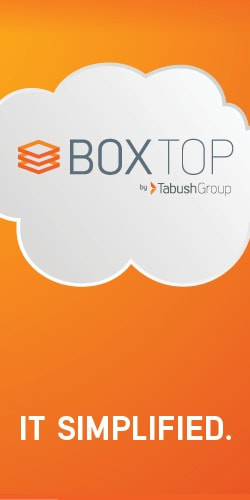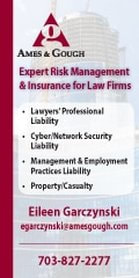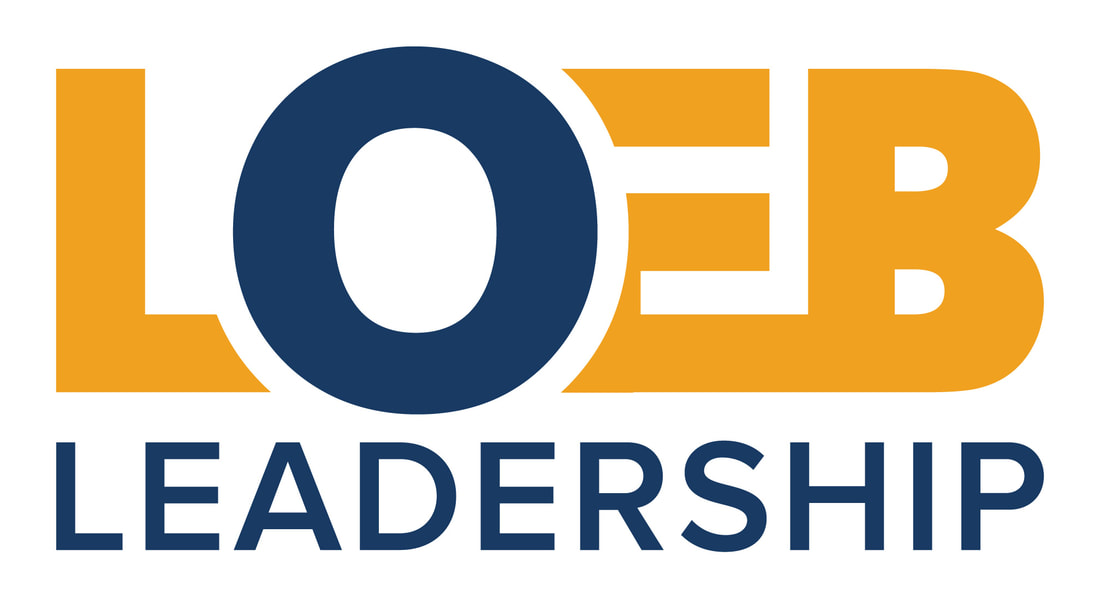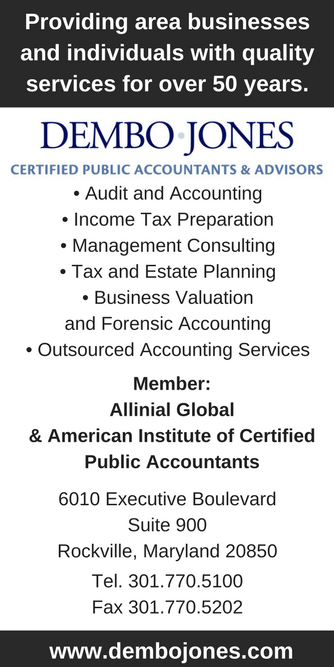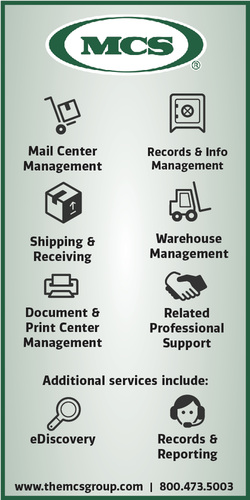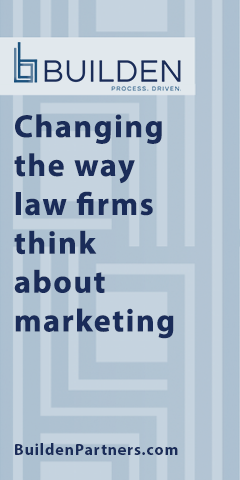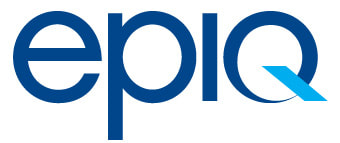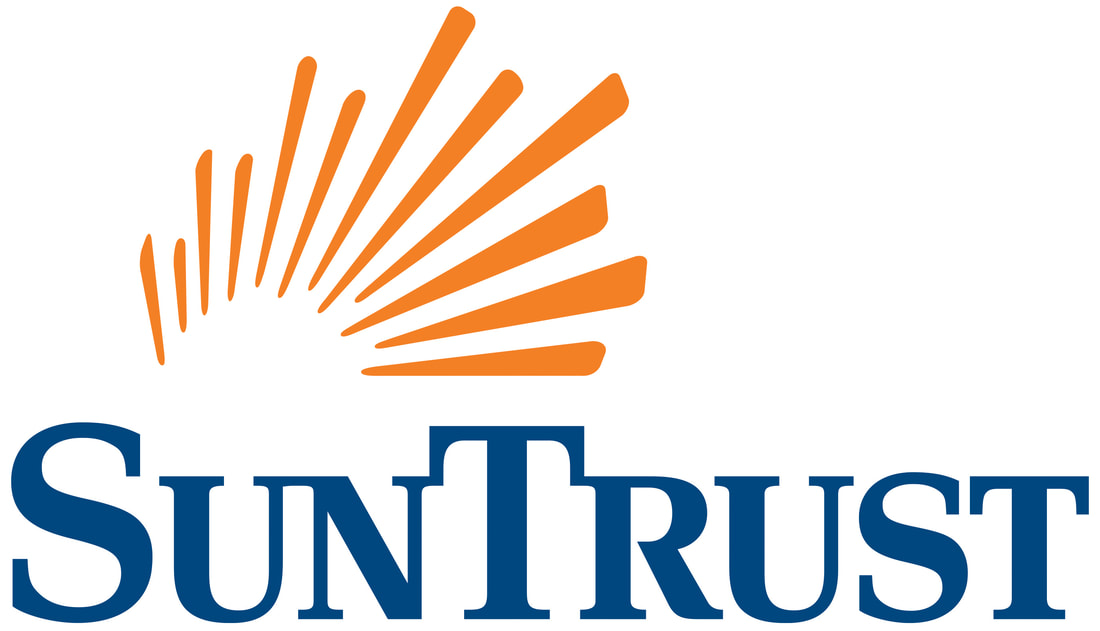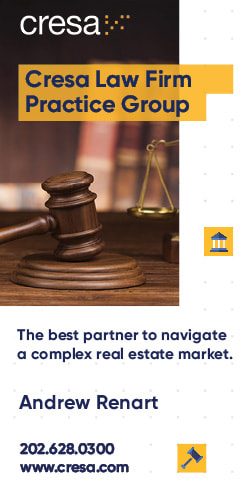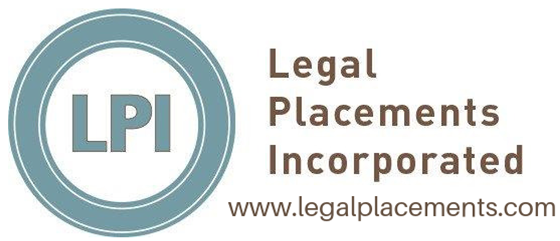| Capital Connection |
June 2022Capital Connection is published monthly for members of the Capital Chapter of the Association of Legal Administrators to provide information for the education and benefit of legal administrators, law office managers, managing partners of law firms, and other law related associations. Capital Connection is not engaged in rendering legal, financial, or tax counseling or advice through this publication. The contents of all articles, letters, and advertisements published in Capital Connection should not be considered endorsements by the Capital Chapter of ALA nor the opinion expressed therein of any products advertised. Contributing authors are requested and expected to disclose financial and/or professional interests and affiliations that may influence their writing position. Articles and materials accepted for publication are subject to editing by the editorial team and become property of the Capital Chapter of the Association of Legal Administrators. Links to Capital Connection may not be shared without permission from the Chapter.
Editors: Emmanuel Adedigba, Tabatha Harris Contributing Editors: Haley Johnson, MA Newsletter Published By: Aubrey Silverman, MPA |
In this issue: |
|
Administrative Committees
|
Communications and Media Relations
As members of the Newsletter and Media Relations Committee, Chapter members participate in producing the award-winning Capital Connection. Members gather to brainstorm new ideas for editorial themes for upcoming editions. The newsletter reports Chapter business activities such as Community and Committee news and provides information about upcoming educational and other events. It also includes articles of interest to members and other legal management personnel, collected, authored and/or edited by members of the committee. This committee also works with other legal associations and the media to ensure that ALA and the Capital Chapter are represented in the legal industry. Contact: Emmanuel Adedigba (Chair), [email protected]; Tabatha Harris (Co-Chair), [email protected] Diversity, Equity & Inclusion
The mission of the Diversity, Equity & Inclusion Committee is to advance the concepts of inclusiveness and acceptance in every organization by providing all Chapter members with information so that they can merge these concepts with their firm's policies, procedures, culture, and relationships to be more equitable and inclusive. We not only strive to raise awareness, but also to increase our sensitivity in the areas of diversity, equity and inclusion and more closely reflect the diversity of our community at large. Having a more inclusive and diverse legal community will improve the quality of our organizations’ workforces and respond to our clients’ requirements for diversity. The DEI Committee meets on the first Wednesday of each month and we welcome all members to join us for discussion on how to further our mission in our firms and in our Chapter. Contact: Tania Jose (Chair), [email protected], Angela Tyson (Co-Chair), [email protected] |
Salary Survey
The Salary Survey Committee is responsible for maintaining, updating and running the local survey each year. They review the positions listed, the job descriptions, and the benefits questions to ensure that the survey remains relevant to the end users. The members of the committee also promote the survey within the Chapter to stimulate participation. Contact: Shera Berini [email protected] and Melody Watson [email protected] Member Experience
The Member Experience Committee will establish a welcoming environment for new members to be integrated into the Chapter through a formal Ambassador Program. Ambassadors will provide support and guidance to new members through their first 12 months of membership, ensuring new members realize benefits of membership and become ambassadors of the Chapter. If you would like more information and/or are interested in becoming an Ambassador, please contact the Chair or Co-Chair. Contact: LaVerne Anenia (Chair), [email protected]; Kim Santaiti-Potter (Co-Chair), [email protected] |
Educational Communities
|
Small Firm and Branch Office Administrators
The Small Firm and Branch Office Administrators Community focuses on a broad range of topics of interest to local administrators who must coordinate with other offices of their firms, as well as to provide administrators of law firms with 35 or fewer attorneys educational opportunities through vendor presentations, idea sharing and open forums specifically designed for those who work in smaller firms.. The Community's monthly luncheon meetings, held on the fourth Tuesday of each month at 12:30 pm, provide a venue for members to discuss issues of common interest, share ideas, and network. Members are encouraged to raise topics and to recommend speakers. Contact: Starr Pratt (Chair), [email protected]; Lodora Barnes (Chair), [email protected] Listserv: [email protected] and [email protected] Legal Operations The members of the Legal Operations Community represent a cross section of legal expertise from functional administrators to branch office managers. The Community meets on the second Thursday of each month at noon. We welcome all members to join the section, especially if you are an administrator in a small law office and you have to wear multiple hats. We can provide you with many best practices to run your operation smoothly. Contact: Janelle E. Rynes (Chair), [email protected] Listserv: [email protected] |
Human Resources
The Human Resources Community operates as a venue for educational information on global human resources issues. While the Community is mostly comprised of HR professionals, any member is invited to participate in the meetings which typically take place on the second or third Wednesday of each month. The meetings feature industry speakers or roundtable discussions on topics such as recruiting, benefits, strategic planning, performance management, career pathing, retention and other matters of interest. Contact: Brenda Simoes (Chair), [email protected]; Julie Hooper (Co-Chair), [email protected] Listserv: [email protected] Next Generation Leaders The mission of the Next Generation Leaders Community is to support our next generation of leaders and close the gap faced by our association and the legal industry as a whole by providing a community for Millennial legal managers and new managers in the legal field with a focus on mentoring, education, and networking. To accomplish this goal, the section hosts monthly meetings, pop-up events, and educational sessions, and provides 2-way mentoring opportunities. Contact: Ana Sobalvarro (Chair), [email protected] Listserv: [email protected] |
|
ALA Capital Chapter Headquarters
2800 Eisenhower Avenue Suite 210 Alexandria, VA 22314 Phone: (703) 683-6101 www.alacapchap.org |
ALACC Capital Connection Questions?
[email protected] Copyright © 2014-2024 by the ALA Capital Chapter All Rights Reserved |
